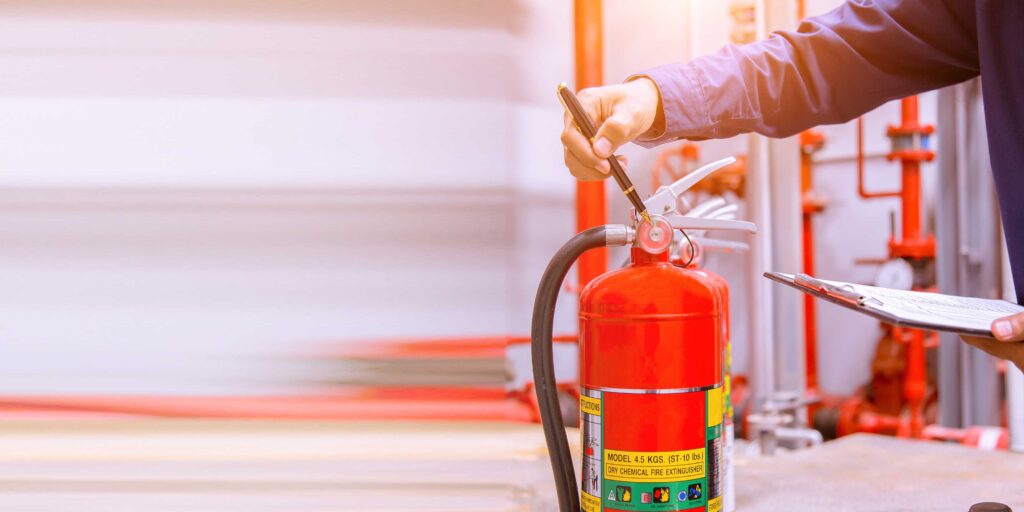
The Emergency Services Levy (ESL), also referred to as the Fire Services Levy (FSL), is a payment that helps fund certain emergency services in NSW. These services include Fire and Rescue (FRNSW), Rural Fire Services (RFS), and State Emergency Services (SES).
Traditionally, insurance companies collect ESL as part of a customer’s premium on their home, car, and some other commercial insurance policies. The ESL is charged by insurers on the basic premium to fund their liability to the emergency services contribution scheme.
SCA (NSW) believes that as strata insurance is compulsory, strata owners in NSW are doing an unfair share of the heavy lifting by paying the ESL. In 2022-23, the ESL is predicted to raise $1.2 billion from insurance policy holders to fund fire and emergency services. The ESL increases home premiums by approximately 18% per annum and strata owners in NSW are forced to pay these premiums because they are required to purchase compulsory strata insurance.
Unlike other states in Australia, NSW is the only mainland state in Australia that funds its emergency services through a tax on insurance. SCA (NSW) and The Insurance Council of Australia (ICA) are supportive of the view that the ESL is an inefficient tax inflating premiums and discourages households from being adequately insured.
In 2020, 53,983 NSW Owners Corporations (OC) paid over $301 million in strata insurance premiums, and approximately $120 million in duties, levies, and taxes claimed over $124 million. Moreover, 39.56% of premiums were paid to state and federal governments, including $52 million from the ESL. In comparison to other states and territories, NSW strata owners paid significantly more in duties, levies, and taxes.
Ultimately, ESL state taxes on insurance in NSW are almost three times higher than in Victoria which has prompted calls for reform to the ESL to improve insurance affordability for the strata community and insurance policy holders.


